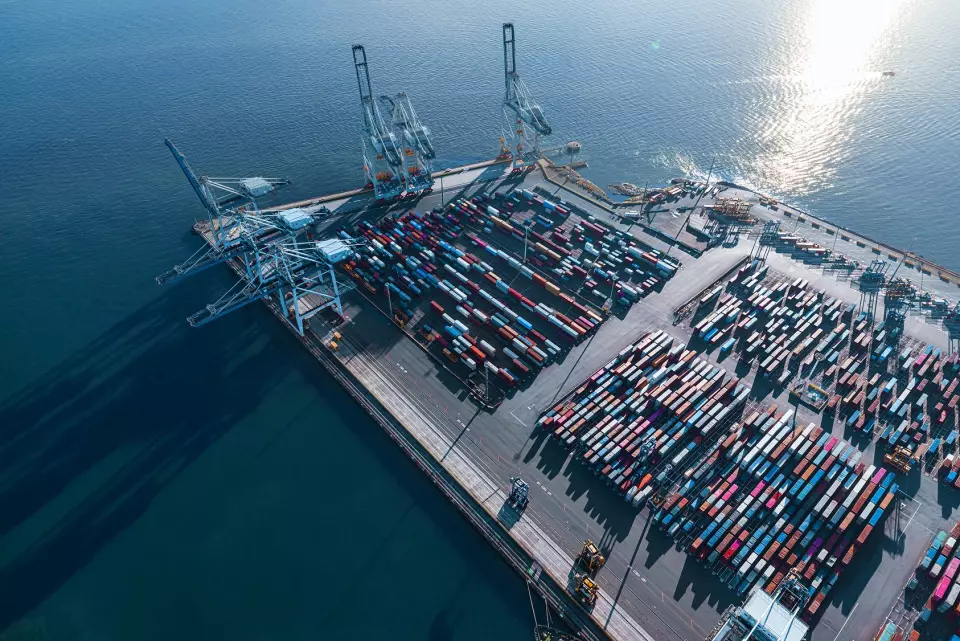You’ve seen the headlines by now – New Zealand businesses are working harder but producing less than their overseas counterparts, which is crimping our growth prospects as a nation.
At the same time, research from the AI Forum shows that 91% of businesses report efficiency gains from their use of artificial intelligence (AI).
Before us lies a precious opportunity to harness advanced technologies like AI to help address our lagging productivity. That’s why Spark, the nation’s largest telecommunications, wants to set a new standard for how local expertise and global technology partnerships can accelerate business outcomes.
Spark works with around 1100 of the country's biggest businesses and government agencies, including the likes of Air New Zealand, Genesis, Kiwibank and many councils. As well as broadband and voice communications, Spark offers managed IT services, cybersecurity, private cloud hosting, application development and tech consulting as part of the mix.
Spark’s ability to pair its renowned local knowledge with a hand-picked roster of global technology leaders, including Microsoft, Hewlett Packard Enterprise (HPE), Infosys, and Nokia, allows it to serve the complex needs of customers that are attempting to transform at speed.
Local knowledge, global scale
“Like our customers, we are facing economic pressures, skills shortages, and the need to adopt technology that’s moving very rapidly,” explains Penny White, Spark’s General Manager – Business Technology Services.
“So the partnership piece for us is very important. It has allowed us to rethink how we approach technology and transformation both internally at Spark and in serving our enterprise customers.”
A prime example is Spark’s partnership with HPE, the global leader in cloud services, high-performance computing and AI. Spark employs HPE servers, storage and networking solutions in its data centres to deliver core Spark services and offer private cloud hosting to customers.
“While customers are moving to the public cloud platforms, most are employing a hybrid cloud strategy to give themselves the flexibility to keep more control over their data and workloads,” White says.
“The relationship with HPE has been crucial to making the hybrid cloud opportunities attractive to Spark and its customers.”
In April, Spark signed a strategic agreement with IT services giant Infosys, allowing it to tap into next-generation digital services and consulting. Spark retains its IT assets as part of the agreement, while drawing on Infosys for software engineering capabilities, AI expertise, and DevOps – a modern approach to creating software that combines development (Dev) and operations (Ops) to streamline collaboration and accelerate delivery.
 Penny White
Penny White “With Infosys as a partner, our ability to enable digital and AI-driven customer experiences expands,” White says.
“We can apply all of that capability and learning to the business needs of our enterprise customers as well.”
Legacy systems, escalating costs, and regulatory compliance could otherwise slow Kiwi businesses down. Partnering with Spark means businesses gain access to top-tier technical skills, the latest thinking on AI and automation, and ready-made solutions for cloud migration and cost optimisation.
With HPE and Infosys, Spark can ramp up quickly in high-growth scenarios, using burst capacity without the risk of overcommitting resources.
AI’s pathway to production
Top of the list of priorities for Spark’s customers includes cybersecurity, regulatory compliance, data sovereignty, and resilience. That’s where Spark’s decades of experience serving corporate New Zealand, coupled with its extensive telecommunications networks and data centres, come into play.
With New Zealand ranked among the most natural disaster-prone nations globally, Spark has invested heavily in nationwide resilience – from a 118MW data centre development pipeline to 5G coverage now spanning 103 locations. These assets underpin the reliability, sovereignty, and responsiveness enterprise customers demand.
Strategic global alliances allow Spark to quickly spin up AI-based proof-of-concept environments, pilot solutions with enterprise clients, and migrate successful projects for launch.
“We work very closely with Microsoft and HPE on that in particular,” says White.
“If there’s a use case for an enterprise customer, we can implement that and then quickly roll it into a production environment.”
Spark’s thorough partner criteria, focus on business outcomes, and commitment to bringing together world-class innovation and local expertise will help enable the next wave of productivity growth for New Zealand.
The stakes are high. Increasing productivity growth by just 1% would unlock tens of billions in future value for the economy. Spark’s approach demonstrates that partnerships aren’t just a nice-to-have, they are the engine for transformation and future readiness, providing the scale and speed to market New Zealand struggles to achieve on its own.
“AI and automation are here to stay. From a productivity point of view, we need to move fast,” White says.
“It's not about whether we transform, it's about who we're going to transform with. That's why these partnerships are so important.”






